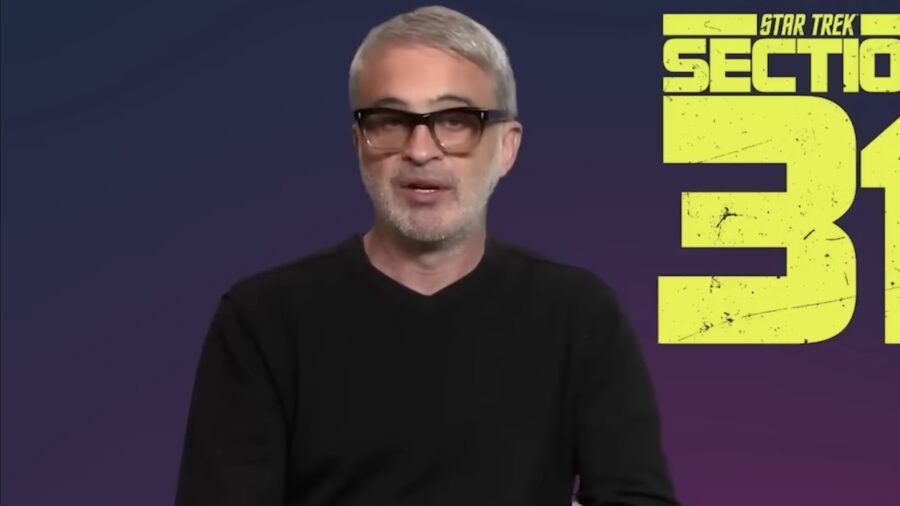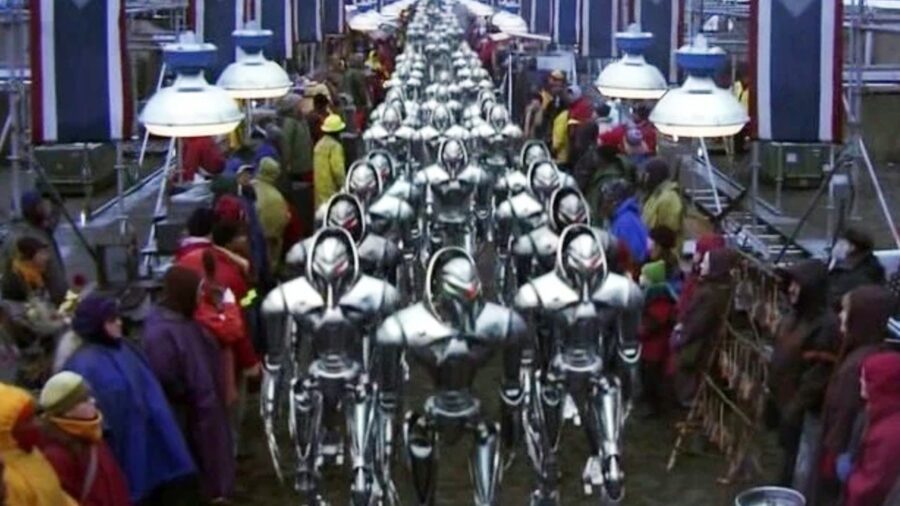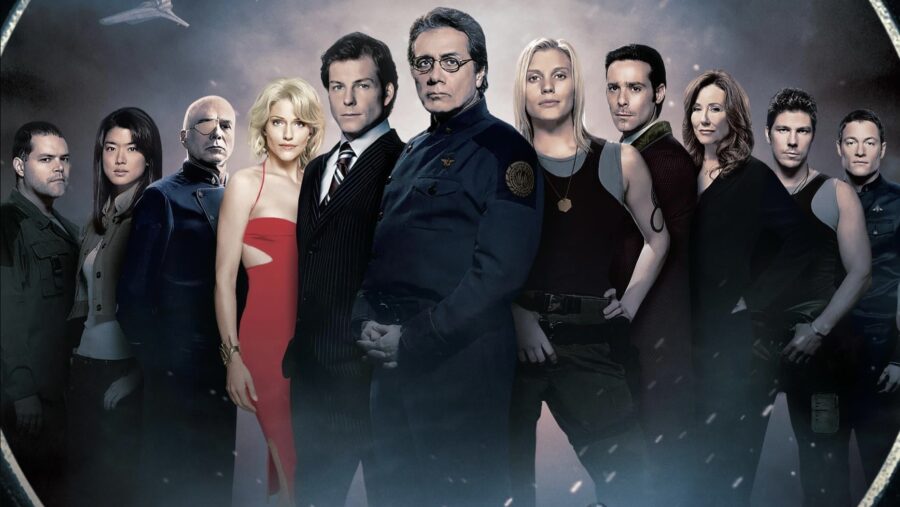
By Chris Snellgrove
| Published

The critical consensus is in: Section 31, Star Trek’s most recent film, is officially the worst in the franchise. We’re now at the point where many fans are trying to figure out what went wrong, but it’s not hard to figure out who to blame. In fact, the chief culprit accidentally admitted what happened in a recent interview. Alex Kurtzman recently told Trek Movie that Section 31 was made under the assumption that Gene Roddenberry’s futuristic utopia could only be created with the help of secretive operatives defending it behind the scenes.
Alex Kurtzman Doesn’t Get It

During the interview, Alex Kurtzman didn’t mince words regarding the creative thesis of Section 31. “What we’re saying is that in order for Starfleet and that beautiful vision that Roddenberry had of this optimistic utopia…to exist,” he said, “you need people who operate in the shadows…you can’t have one without the other.” Frankly, these words coming from the primary creative force behind NuTrek explain why this recent film was such a flop and why the franchise has fallen so far from the heights it once enjoyed.
While Alex Kurtzman was discussing the ethos of Section 31, he noted how Trek has always provided allegories for the real world and that the recent movie was made in part to answer questions such as, “Who do we have to be in order to protect our freedoms?” and, “What has to be done in order to protect our freedoms?” He seemed excited that the new film would help explore where the so-called “gray area” is but accidentally revealed the depths of his stupidity because these questions were asked and answered infinitely better in Ronald D. Moore’s Battlestar Galactica.
Battlestar Galactica Did It

Everyone except the youngest of American Star Trek fans knows that we already had this entire security vs. freedom debate in the wake of the 9/11 terrorist attacks. There was much hand-wringing at the time about what we were willing to do to preserve the soul of the nation, and the answer was bleakly simple. We let the government spy on us, let the military invade the wrong country (twice!), and let ourselves turn a blind eye to our taxpayer dollars funding the torture (oh, excuse me, “enhanced interrogation”) of anyone a president throws indefinitely without trial into our convenient offshore prison.
Long before Alex Kurtzman decided to torment Star Trek fans with the Section 31 movie, anyone with half an ounce of intelligence and empathy had already figured out that the correct response to a senseless attack was not to senselessly attack others and that the soul of a nation can’t really amount to much if it is only kept alive through invasion, torture, and murder. One such person was Ronald Moore, whose Battlestar Galactica reboot had many parallels with America’s post-9/11 hysteria as our heroes dealt with the near genocide of their entire race at the hands of the robotic Cylons.

The show constantly used its own sci-fi allegories to explore crunchy notions of whether it’s even worth preserving humanity if those who remain become as cold and bloodthirsty as their would-be butchers. We saw our characters struggle with both the morality and the consequences of actions like torturing enemy agents in the name of the greater good. And while it was rarely subtle, Galactica’s showrunner always made it clear that these were terrible things that compromised the souls of everyone who participated, destroying the very things these characters set out to preserve.
That’s the problem with Alex Kurtzman’s Section 31: it operates backward from the assumption that the Federation is worth preserving at literally all costs, which is why we end up with a movie where we’re meant to root for Space Hitler and her goon squad. In Kurtzman’s mind, everything they and the rest of Section 31 do is justified because it preserves this idealized utopia. Sadly, he doesn’t have the wisdom to reach Ronald Moore’s more sensible conclusion: that utopia isn’t really utopia if it is kept alive by an amoral shadow organization that embodies the opposite of everything our heroes are supposed to stand for.
There are plenty of other issues with Alex Kurtzman in general and Section 31 in particular, but it’s fascinating (to borrow a term from Spock) that he accidentally admitted the largest problem of all. NuTrek isn’t Star Trek because it has gone all-in on concepts that run completely counter to Gene Roddenberry’s dreams. And if the people running Star Trek can’t keep its soul alive, how can they dare expect us to keep this rotting franchise alive?
Source: Trek Movie

Leave a Reply